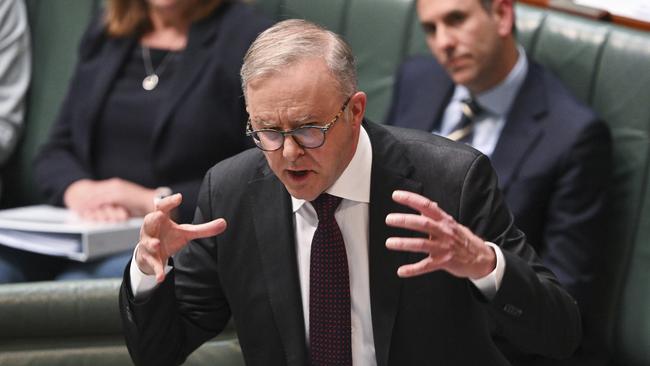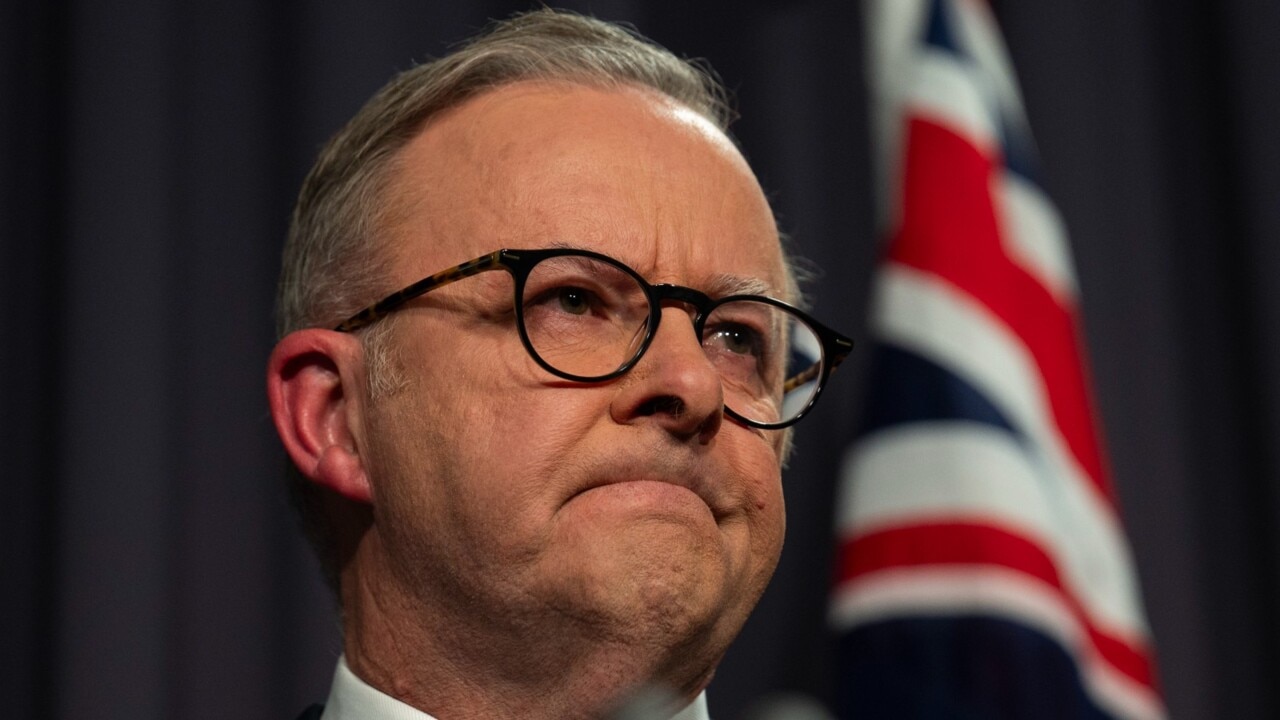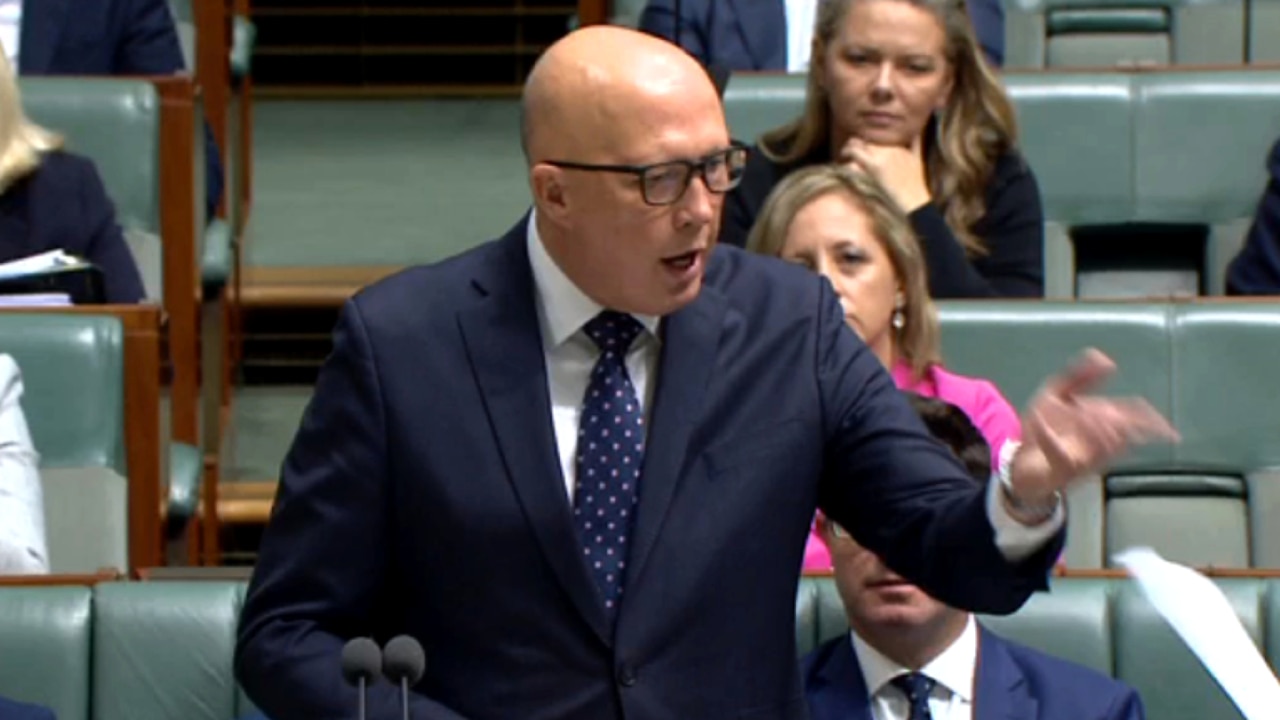
Don’t get me wrong, the government’s slow response to the release of 82 detainees many of whom have shockingly bad criminal wrap sheets has been appalling. The opposition has rightly slammed Labor’s failure to try and legislate a solution.
The High Court decision neatly highlights why courts are no panacea to societal problems. Judges sit on high, but their decision making is often questionable. In short, as the saying goes, the law can be an ass.

Despite Labor’s wishy washy response to rising domestic tensions in the wake of the Hamas induced crisis in the Middle East, before flying out to the APEC summit in San Francisco the PM enunciated what will be his campaign theme for re-election.
It’s the economy, stupid. It might not have captured the headlines this week, but Albo’s messaging around the economy represents the beginning of his campaign build. He knows cost of living issues and economic management, traditional Liberal Party strengths, will decided the next election.
Spruiking Labor’s return-to-surplus budget, and ongoing restraint on government spending as a portent to putting downward pressure on inflation, Albanese’s pitch is that Labor is best placed to manage the economy. The narrative includes a dig at ballooning debt during the previous Coalition government’s nine years in office.
It won’t be an election campaign with major economic reforms, despite the urgent policy necessity of doing so. That’s because the tumult of reform isn’t always a vote winner. Besides, it’s unlikely to opposition will offer much on this front as an alternative.

What will be interesting to bear witness to is how voters react to a Labor campaign built around its economic stewardship. A campaign condemning the Coalition’s track record on the economy.
For years the Coalition gained political mileage from the economic management of the Howard years, but it never did much to emulate that success. Do voters reward the former or remember the latter when assessing the Coalition of today?
Labor plans to use its incumbency advantage at the next election. Extolling the virtues of its surplus, likely to be delivered again next year. Almost comically Labor will probably use the stage three tax cuts it’s always been quietly critical of (legislated by the Coalition but not due to take effect until mid next year) as an example of how it has also reduced taxes. Watch Coalition eyeballs burst if that happens.

The Liberals shouldn’t underestimate the public’s preference for giving new governments a second term. No first term government has lost a re-election contest since 1931. That only happened nearly a century ago because Labor split and Australia was in the midst of the Depression.
Things are tough at the moment, no doubt, but they aren’t that tough. And the polls tell us that while Labor certainly has its problems and the honeymoon is over, voters still have doubts about the Coalition’s readiness to govern.
Peter van Onselen is a professor of politics and public policy at the University of Western Australia and Griffith University.







Beware the wounded Prime Minister. This week Anthony Albanese showed why he remains the favourite to win the next federal election, even if Labor is unlikely to offer up anything meaningful as part of a second term re-election agenda.